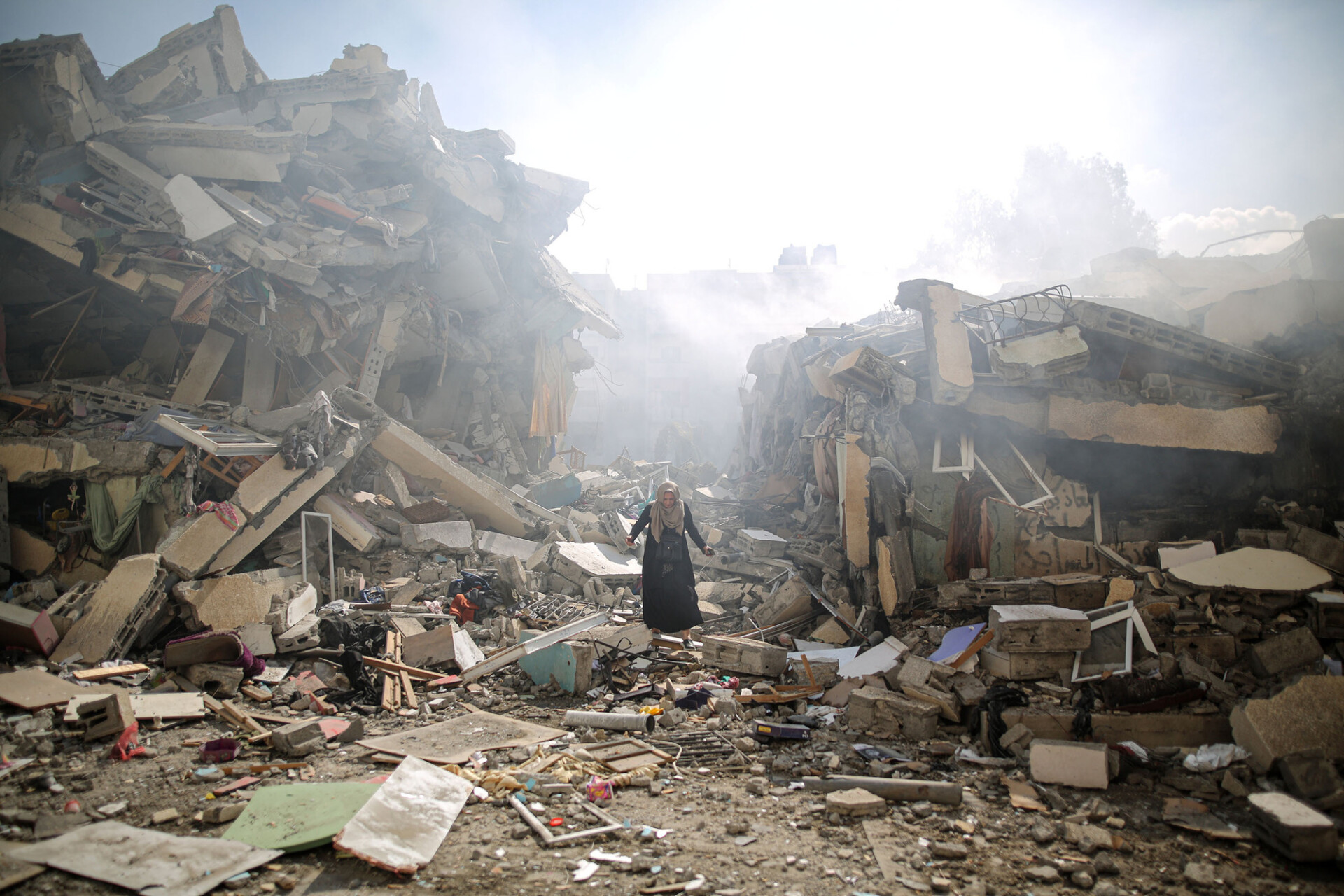Israel’s ceasefire deal with Hamas is promising news — for the surviving people who live in Gaza, for hostages, and for Israel, which could receive a respite from warfare on various fronts while getting hostages back. That is presumably one of the reasons its leaders accepted terms they previously resisted, including an eventual full withdrawal of its military from Gaza and a stated goal of making the ceasefire permanent through execution of its three phases.
A ceasefire is less important to the United States, but still a good thing. US forces are now less likely to be dragged into a war by Israel’s actions, especially with Iran. And since the war in Gaza animated Houthi attacks on shipping, its end could stop that, and by extension the failed little US war in Yemen.
But whatever President Joe Biden says, he does not deserve credit. It’s true the ceasefire reflects his administration’s stated aim, and much labour by US diplomats. But the deal’s arrival only at the end of Biden’s term — and only when his successor endorsed it — shows how feckless his policy on Gaza was, even how counterproductive it was to peace.
President-elect Donald Trump is of course taking credit for the deal, and he even may deserve some of it. It’s true that his policy on a ceasefire appears to be like Biden’s long failed approach — tell Israel to do a deal to end the fighting, but attach no consequences for not doing so. But the same demand Biden made, coming from Trump, apparently resonated differently with Benjamin Netanyahu.
Maybe the prospect of having sought Trump’s support for years encouraged Netanyahu to get on his good side. It’s also possible that Netanyahu was looking for ways to sell a deal to his supporters and saw Trump’s pressure as a useful way to do so. And it’s additionally plausible that Trump’s envoy Steve Witkoff made promises — perhaps on some help against Iran or support for West Bank annexation — that sweetened the deal.
In some ways, though, the debate about credit for the ceasefire is a distraction from a more consequential discussion of blame for its late arrival. The agreed deal appears to be quite similar to the three-phased approach the Biden administration put on the table in May. And Hamas, despite the White House’s stubborn attempts to blame it for past collapse of peace talks, basically accepted that deal, while Israel rejected it. So arguably much of the fighting and deaths in Gaza have been futile: not a way to drive a bargain and shape the peace, but a useless and thus more deeply tragic delay.
The Biden administration steadfastly refused to pressure Israel to agree to a deal — or to do anything else. It withheld one weapons shipment because Israel defied US requests by going into Rafah, though this was soon released. It allowed one vote calling for an end to the war at the UN Security Council, after vetoing others. That was the extent of the real pressure Biden was willing to put on Israel. The rest was just talk, which was undermined by constant reminders that US support for Israel is essentially unconditional. This lack of sticks to enforce US aims suggests that the American desire for peace was not entirely serious — not fake, but a weak sort of preference that was not worth much at all.
Not only did the Biden administration refuse to pressure Israel to end the war, it basically paid for it too. On top of the standard $3 billion of annual aid to Israel, Biden sought and received from Congress last April a $14 billion package in military aid too. He also deployed naval forces to the region, repeatedly, in the name of defending Israel from attacks that came as a result of the war and its subsequent expansion to nearby countries: Lebanon, Syria, Iran, and Yemen. It recently deployed one of the United States’s few THAAD missile defence systems to Israel.
This ceasefire, if it lasts, is especially worth celebrating because it comes in spite of — not because of — US policy.










Join the discussion
Join like minded readers that support our journalism by becoming a paid subscriber
To join the discussion in the comments, become a paid subscriber.
Join like minded readers that support our journalism, read unlimited articles and enjoy other subscriber-only benefits.
Subscribe